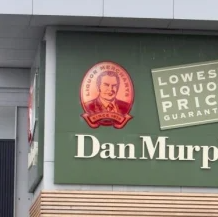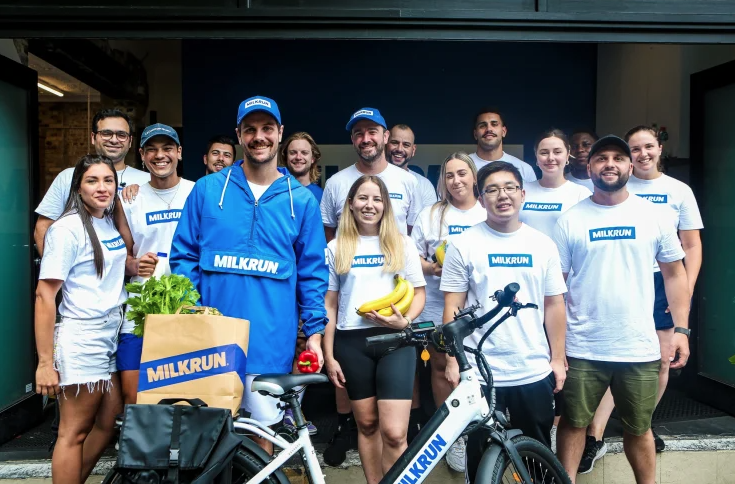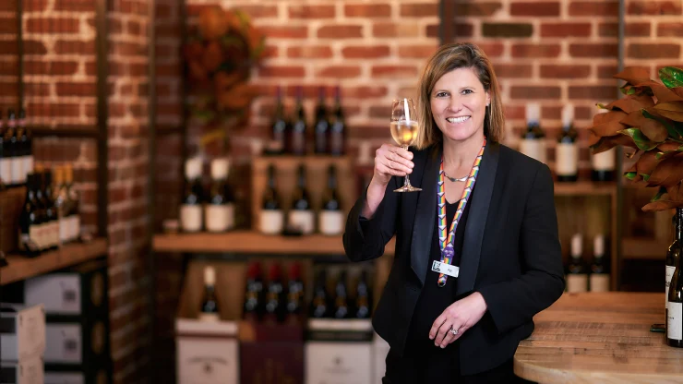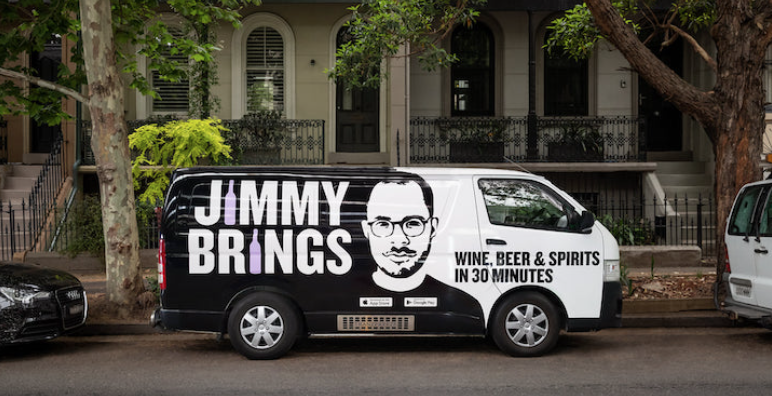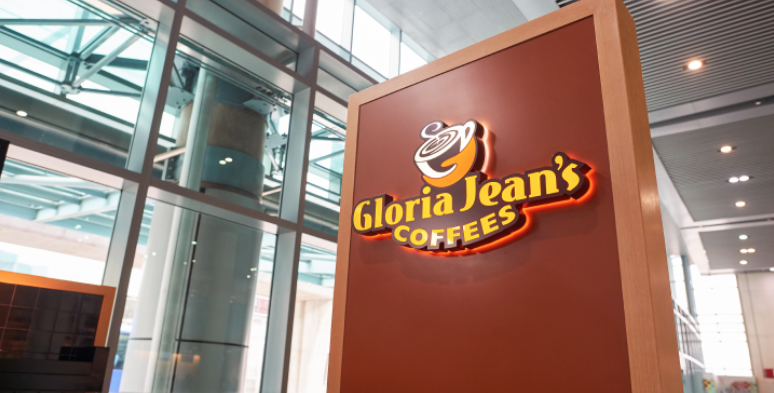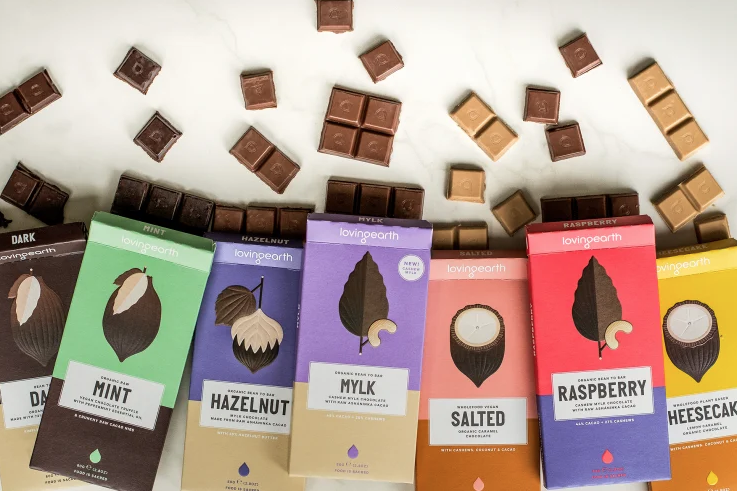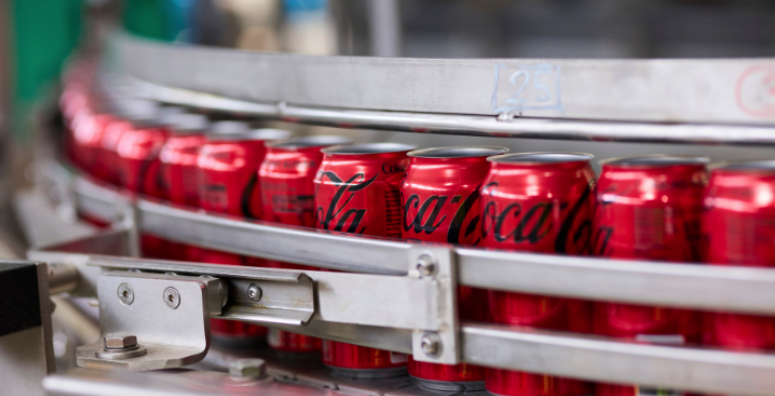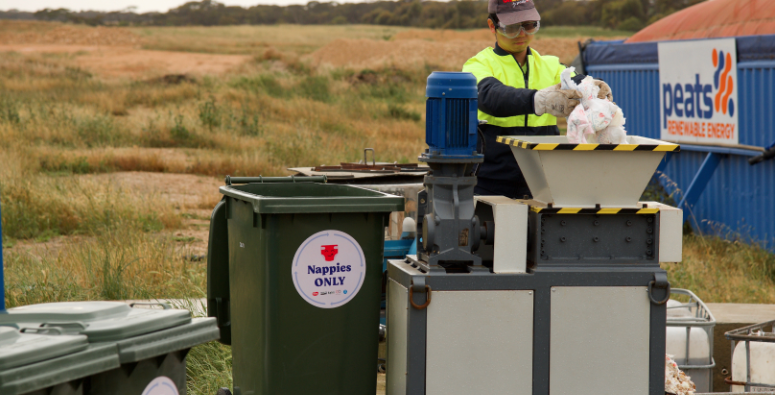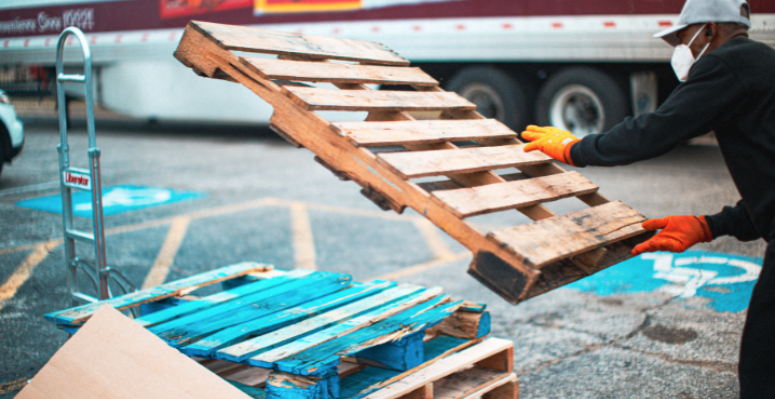
Metcash chief executive Doug Jones says the second half of fiscal 2023 has started well, with group sales up 6.2 per cent.
Mr Jones said shoppers were still supporting neighbourhood stores, which helped the wholesaler distributor hold its ground against larger supermarket rivals.
He also said lost sales in the hardware business after months of heavy rain along the east coast – for items including paint, garden tools such as lawn mowers and outdoor barbecues – would only be made up if better weather prevailed in summer.
What was once dubbed a temporary gain amid COVID-19 lockdowns as shoppers stayed away from malls, Mr Jones told The Australian Financial Review that independent supermarket IGA and Foodland network’s refurbished stores and investment in price was paying dividends – and winning share.
“It’s simple math if you’re growing faster than the others, you must be taking share. Now we are very small in comparison to them (Coles and Woolworths), so it’s going to be small numbers in terms of the share,” said Mr Jones, who took the helm in February.
“But what we’ve disclosed is that our volumes and our sales numbers are holding up well. And our retailers are telling us that the local shoppers are enjoying what they’re experiencing, and we think it’s now beyond just being locked down. They found that the experience is good, and they found that they do not have to pay any more for that.
“As a wholesaler ... we are keenly aware that our responsibility is to keep the network competitive. Our primary value driver, as a wholesaler, is volume.”
Inflation crunch
Metcash shares rose 3¢ to $4.26 each by 3pm AEDT, after it said food sales grew by 4 per cent in November. This was underpinned by supermarket sales and a return to volume growth as wholesale price inflation marched upwards, averaging 8.8 per cent last month.
Wholesale price inflation reached 6.2 per cent in the first half, boosting supermarket and convenience store sales in the six months to October 31.
Mr Jones’ comments came after Metcash posted a first-half revenue gain of 7.8 per cent to $8.86 billion against lockdown-fuelled sales a year earlier. This includes charge-through sales, which are direct sales from suppliers to retailers invoiced via Metcash.
Earnings were up strongly in the first half, although its reported bottom line was pulled lower by one-off costs and adjustments to $125.7 million. Underlying profit after tax increased 9.1 per cent to $159.9 million.
The board declared an interim dividend of 11.5¢ per cent a share, up 9.5 per cent from a year ago. It will be paid on January 30. Dividends are up 92 per cent over the past three years.
All divisions topped consensus expectations. The Total Tools hardware business was the standout, making up 20 per cent of group sales and 44 per cent of profits.
Hardware sales surged 16.8 per cent to $1.7 billion in the first half, supported by growth in both the Independent Hardware Group and Total Tools. Trade constitutes most of the hardware business amid a growing DIY market. Total Tools is aiming for 130 stores by 2025, up from its present 104 sites.
Mr Jones said although underlying demand was high in the second quarter, the growth was cut short because of poor building conditions in the final six weeks. Wet weather and flooding in NSW and Victoria restricted access to building sites and dampened spring sales of outdoor, garden and paint items.
Hardware sales were up 8 per cent in November, but IHG sales fell slightly.
Inventory was more than $100 million higher at $1.23 billion for the half, mostly due to hardware goods and Metcash beefing up its position to insure against any supply chain delays. Mr Jones said he did not expect to have to discount much to move stock.
IHG chief executive Annette Welsh said the business would not be able to recoup the lost sales due to weather through Christmas trade, but the length of builder times would become longer. She added that the trade pipeline remained strong, and weather seemed to be the main issue in Queensland and NSW rather than a more general slowdown.
Chief financial officer Alistair Bell, who planned to leave Metcash, called the results “stellar” with record profits. Mr Bell added that Metcash’s “Project Horizon” spend remained inline with guidance of $95 million to $105 million for the 20 months ended calendar year 2023.
Metcash, which has an April 30 year-end date, is the second-largest player supplying independent liquor stores including Cellarbrations, The Bottle‑O, IGA Liquor and Porters Liquor.
Sales gained 8.9 per cent in November, supported by customers returning to on-premises drinks post-lockdowns. The gains came after sales increased 11.6 per cent to $2.4 billion in the first half.
Mr Jones warned that supply chain risks have eased but remain a challenge for all parts of the business for the second half, as do additional fuel, freight and labour costs.
Total Tools was forced to pay millions to fund additional transport and handling costs for products sent direct from factory in Shanghai in the first half because China’s lockdowns, which crimped EBIT margins.
